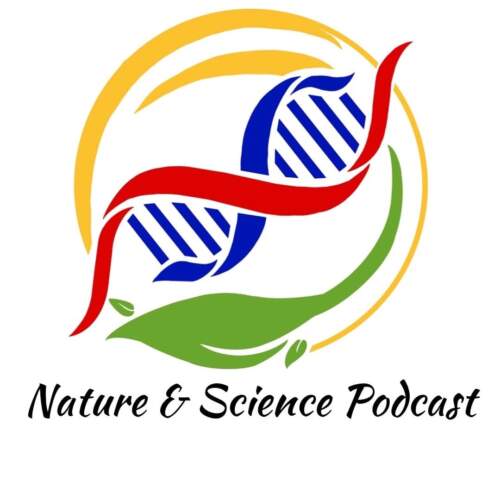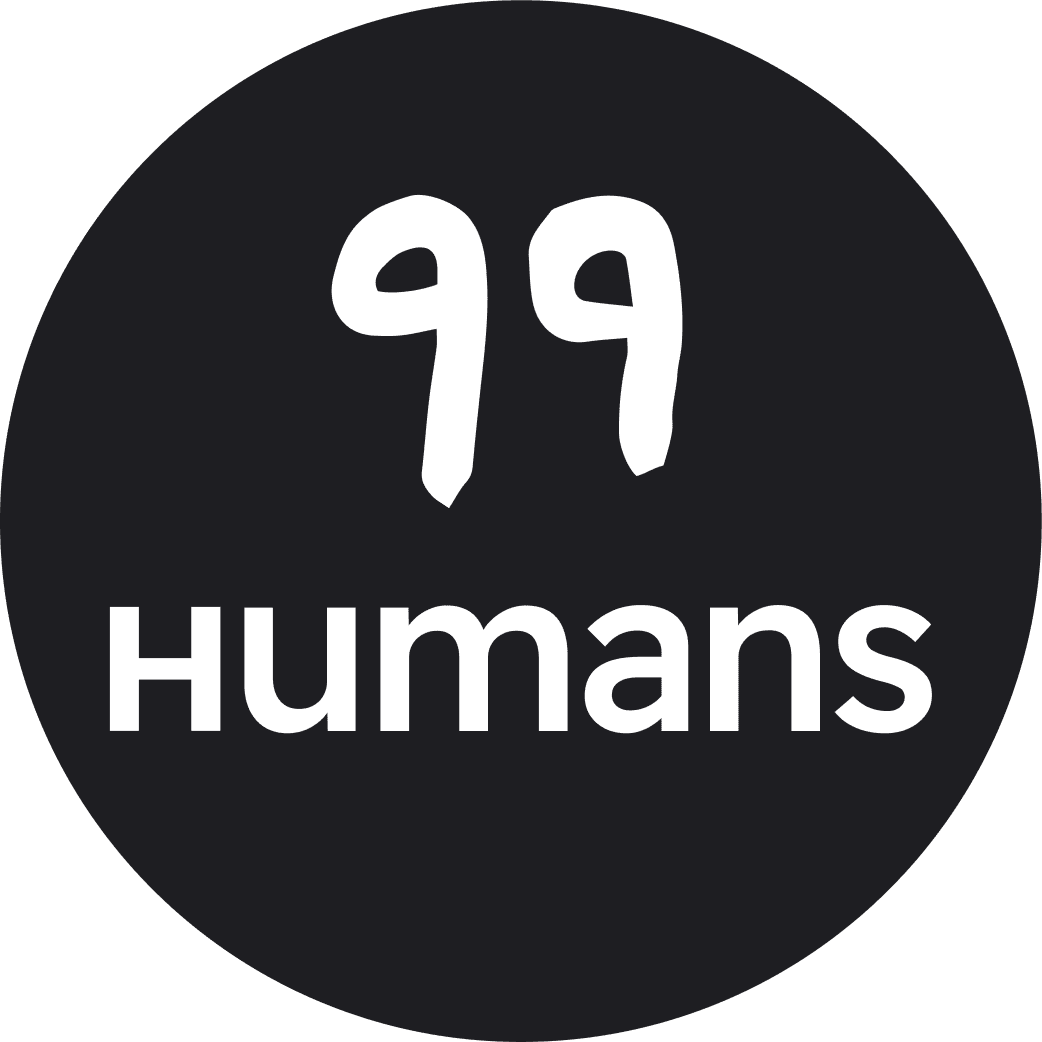The Premise
The authors (from Harvard, Berkeley, and MIT) of this June 2024 article in the journal Nature “bring recent evidence from neuroscience and allied disciplines to argue that in modern humans, language is a tool for communication, contrary to a prominent view that we use language for thinking.” They further propose that “language is optimized for communication”, and “does not appear to be a prerequisite for complex thought, including symbolic thought.” Language only “reflects, rather than gives rise to, the signature sophistication of human cognition.”
Support comes from studies of individuals left without the ability to communicate by damage to specific brain areas known to control language. Evidence from such aphasia research suggests that “all tested forms of thought are possible in the absence of language”. Functional MRI shows that engaging in diverse forms of thinking and reasoning does not activate the network of brain areas that control language comprehension and production.
Mathematical symbols, traffic signs, equations, and emojis (all forms of “symbolic non-linguistic representation”) successfully convey precise concepts without relying on words. Similarly, mathematical reasoning elicits no response in language-associated brain areas and is preserved in individuals with severe aphasia.
The authors view language “uncontroversially as a tremendously useful tool for cross-generational knowledge transmission.” But, at least for mature brains, intact linguistic abilities do not require intact thinking abilities. “There is at present no unequivocal empirical support for any form of thinking requiring linguistic representations (words or syntactic structures) . . . all tested forms of thought are apparently possible without language.”
The Fallout
The questions generated by this paper will vary among readers, as we attempt to fit its conclusions into our own educational framework, life experience, and perspectives.
Like any provocative piece, it generates, at least for me, more questions than answers. My (very) personal and professional interests are Aging, memory loss, cognitive decline, and dementia. Over the age of 60, changes in language (vocabulary, production, understanding, quality and quantity) in one’s patients, family members, friends, or oneself often trigger alarm and a cognitive evaluation.
My own observable difficulties present as word-finding failures contributing to a lack of fluency. In talking about my book, as I must, I find myself wanting to impose the caveat: “Don’t judge me by how I speak, judge me by what I write”. The same can go for casual or business conversations with strangers.
What about large language model generative Artificial Intelligence and science-fiction-like fears of what they might be “thinking or planning”?
Reference:
Fedorenko E, Piantadosi ST, Gibson EAF. Language is primarily a tool for communication rather than thought. Nature. 2024 Jun;630(8017):575-586. doi: 10.1038/s41586-024-07522-w.
Supplementary information:
The Premise
The authors (from Harvard, Berkeley, and MIT) of this June 2024 article in the journal Nature “bring recent evidence from neuroscience and allied disciplines to argue that in modern humans, language is a tool for communication, contrary to a prominent view that we use language for thinking.” They further propose that “language is optimized for communication”, and “does not appear to be a prerequisite for complex thought, including symbolic thought.” Language only “reflects, rather than gives rise to, the signature sophistication of human cognition.”
Support comes from studies of individuals left without the ability to communicate by damage to specific brain areas known to control language. Evidence from such aphasia research suggests that “all tested forms of thought are possible in the absence of language”. Functional MRI shows that engaging in diverse forms of thinking and reasoning does not activate the network of brain areas that control language comprehension and production.
Mathematical symbols, traffic signs, equations, and emojis (all forms of “symbolic non-linguistic representation”) successfully convey precise concepts without relying on words. Similarly, mathematical reasoning elicits no response in language-associated brain areas and is preserved in individuals with severe aphasia.
The authors view language “uncontroversially as a tremendously useful tool for cross-generational knowledge transmission.” But, at least for mature brains, intact linguistic abilities do not require intact thinking abilities. “There is at present no unequivocal empirical support for any form of thinking requiring linguistic representations (words or syntactic structures) . . . all tested forms of thought are apparently possible without language.”
The Fallout
The questions generated by this paper will vary among readers, as we attempt to fit its conclusions into our own educational framework, life experience, and perspectives.
Like any provocative piece, it generates, at least for me, more questions than answers. My (very) personal and professional interests are aging, memory loss, cognitive decline, and dementia. Over the age of 60, changes in language (vocabulary, production, understanding, quality and quantity) in one’s patients, family members, friends, or oneself often trigger alarm and a cognitive evaluation.
My own observable difficulties present as word-finding failures contributing to a lack of fluency. In talking about my book, as I must, I find myself wanting to impose the caveat: “Don’t judge me by how I speak, judge me by what I write”. The same can go for casual or business conversations with strangers.
What about large language model generative artificial intelligence and science-fiction-like fears of what they might be “thinking or planning”?
Reference:
Fedorenko E, Piantadosi ST, Gibson EAF. Language is primarily a tool for communication rather than thought. Nature. 2024 Jun;630(8017):575-586. doi: 10.1038/s41586-024-07522-w.
Supplementary information: https://static-content.springer.com/esm/art%3A10.1038%2Fs41586-024-07522-w/MediaObjects/41586_2024_7522_MOESM1_ESM.pdf
Reposted from: https://agingoralzheimers.com/category/in-the-news/

Originally Published on https://agingoralzheimers.com/
Kenneth Frumkin, PhD, MD, FACEP studied physiological psychology (the interaction of the body’s basic biologic mechanisms with behavior) in college and graduate school. He earned his Masters and Ph.D. degrees from McGill University for his work on the relative contributions of nature and nurture to the ingrained survival mechanism of poison-avoidance in rats. After two years of research at the U.S. Army’s Biomedical Laboratories, Ken went on to medical school and a residency in emergency medicine. His 36-year medical career was split between community hospital emergency departments and teaching, research, and practice in military academic medical centers.
Board-certified in his specialty, Dr. Frumkin is the author of over three dozen peer-reviewed publications and textbook chapters in psychology and medicine. His article “How to Survive the Emergency Room” published in the AARP Bulletin, was a 2022 National Mature Media Merit Award winner. A complete list of publications and complete resume are at www.linkedin.com/in/KennethFrumkinPhDMD . A Fellow and Life Member of the American College of Emergency Physicians and their Geriatric Emergency Medicine Section, Dr. Frumkin is also an Emeritus member of the Society for Academic Emergency Medicine and their Academy of Geriatric Emergency Medicine. Having retired as a civilian employee of the Department of the Navy in 2017, Dr. Frumkin is currently a volunteer member of the academic faculty at the Emergency Medicine Residency, Naval Medical Center, Portsmouth, Virginia.
Dr. Frumkin writes from the perspective of a practiced author and researcher and, most importantly, as a fellow boomer with “skin in the game.” He, too, is seeking the answers to nearly every older-person’s questions about their fluctuating memories and the possibility of progressive cognitive decline. His book "Aging or Alzheimer’s? A Doctor’s Personal Guide to Memory Loss, Cognitive Decline, and Dementia" comes out November 5, 2024. (AgingOrAlzheimers.com)
















































BabyBoomer.org is an online membership community created by and for the Baby Boomer Generation. Boomers, and those who service and support them, are welcome to join our community accessing all general topics.
Notifications
